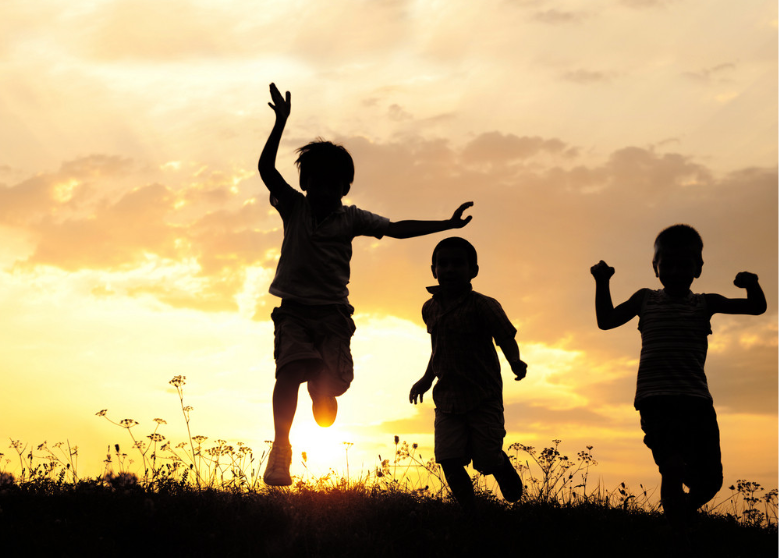A Parent’s Guide to Balancing Physical, Emotional, and Mental Health in Childhood
Raising children in today’s world requires a delicate balance across various aspects of health. As a parent, addressing your child’s physical, emotional, and mental well-being ensures they grow into well-rounded and resilient individuals. This guide offers insights into fostering a balanced approach to health during childhood.
Early Dental Care and Its Role in Physical Health
Establishing good dental habits from an early age is an essential component of a child’s physical health. According to Stanford Medicine, bringing your child to the dentist within six months of the eruption of their first tooth, and definitely by 12 months, sets the foundation for lifelong oral health. By integrating regular dental visits into your family’s routine, you create a legacy of health awareness and preventive care.
Consistent dental check-ups can prevent common but significant issues such as cavities and gum disease. Furthermore, professional advice from a dentist can guide families in the right brushing techniques and dietary choices to support dental health. Prioritizing dental care is a tangible way of instilling the importance of overall physical health in young children.
Beyond the practical benefits, such routines foster trust and ease children’s potential fear of medical professionals. Children learn that taking care of their teeth is just as crucial as other grooming habits like bathing and handwashing. As part of a broader understanding of health, early dental care reinforces the message that health maintenance is a vital part of family life.
Physical Activity and Child Development
Physical activity is crucial for the healthy development of children, promoting not just physical health but also emotional and cognitive growth. According to the National Institutes of Health, children aged three to four engage in at least 180 minutes of various types of physical activities at any intensity each day. Integrating such active routines into family time can help build a lifelong habit of movement and enjoyment.
Regular physical activity helps in developing motor skills and body awareness, both critical during the early years. Furthermore, play and exercise foster social interactions, which can have lasting benefits for emotional intelligence and teamwork skills. Creating a family culture that emphasizes fun and imaginative play can significantly impact a child’s understanding of health.
In addition to these developmental benefits, being active helps in managing stress and emotions, even in young children. Activities like running, jumping, and playing outdoors offer children a healthy outlet for expression and the means to connect more deeply with their surroundings. Thus, promoting a lifestyle that values physical activity can support family bonds, allowing everyone to strengthen both their bodies and relationships.
Play-Based Learning and Emotional Well-Being
Play is an indispensable method through which children experience the world and develop key emotional and cognitive skills. According to Social, children between the ages of 3 and 12 best absorb information within environments that evoke positive emotions and meaningful social interactions. Families can nurture this by encouraging play-based learning as a natural and engaging way to educate children.
Through playful activities, children can explore new ideas and practice problem-solving, all while feeling joyful and relaxed. Play allows children to experiment with risk-free social scenarios, thereby enhancing their emotional intelligence over time. Creating a family atmosphere that integrates play as both a learning tool and an entertainment source supports holistic growth.
Play-based learning also nurtures creativity and imagination, crucial aspects of mental health and well-being. Activities that stimulate creativity help children to express their thoughts and emotions freely, fostering resilience and adaptability. Parents can offer a wide array of play opportunities that cater to their child’s interests, creating a supportive environment that values emotional health as part of holistic family well-being.
Balancing the physical, emotional, and mental health of children is a multifaceted task that requires thoughtful attention and care. Through prioritizing early dental care, encouraging regular physical activity, and fostering play-based learning, families can lay a strong foundation for lifelong health. By integrating these practices into everyday family life, parents can ensure that their children are equipped with the tools they need for a healthy, happy future.





I believe that finding balance in everything is so important. It is hard but we must do it for the sake of our kids.
I especially love the emphasis on play-based learning and physical activity, it’s such an important reminder for me to keep things fun while still being mindful of health.
This post has some very good points, and I do agree that it is how to raise kids today. I know that I had a difficult time with being brought up by boys.
It is so important to find good balance in childhood. These are all good points to think about when raising children.
I think these are all great ways to help. It can be hard to raise kids now days, so this is going to be really helpful.